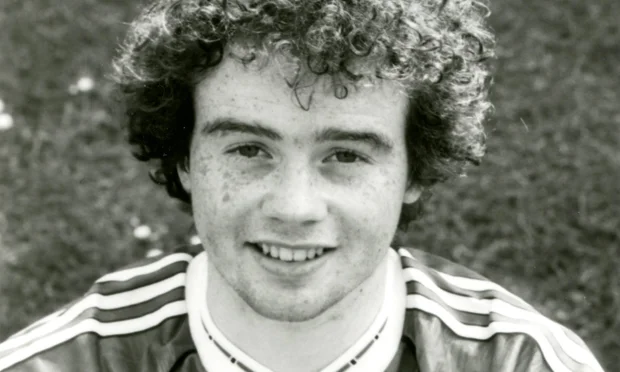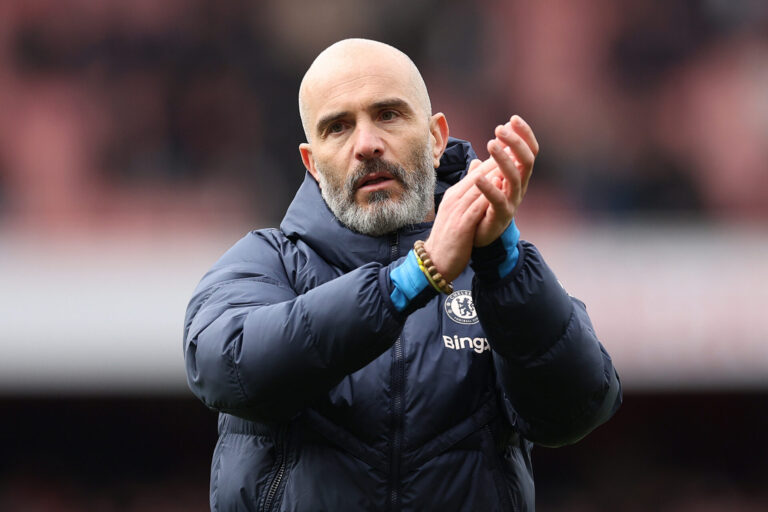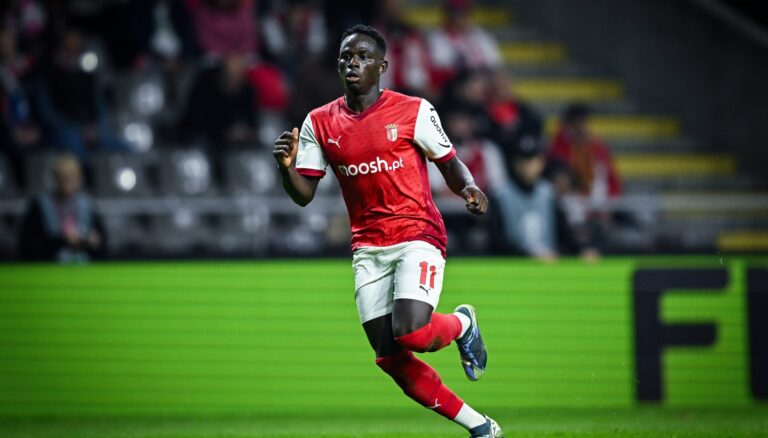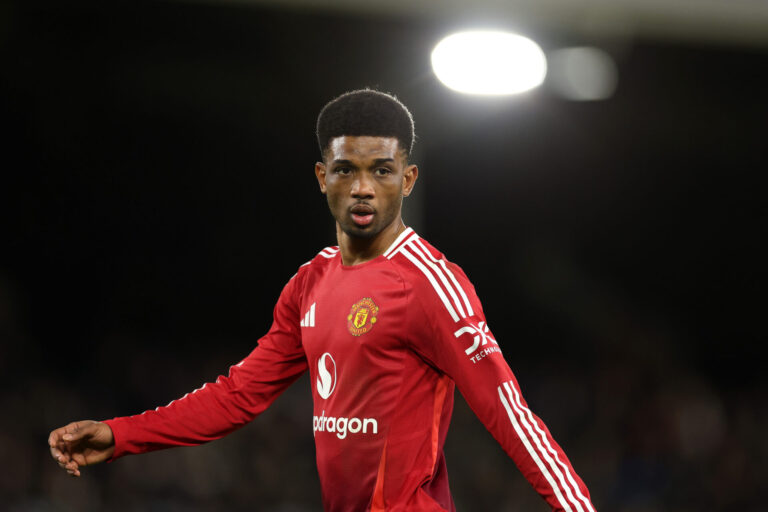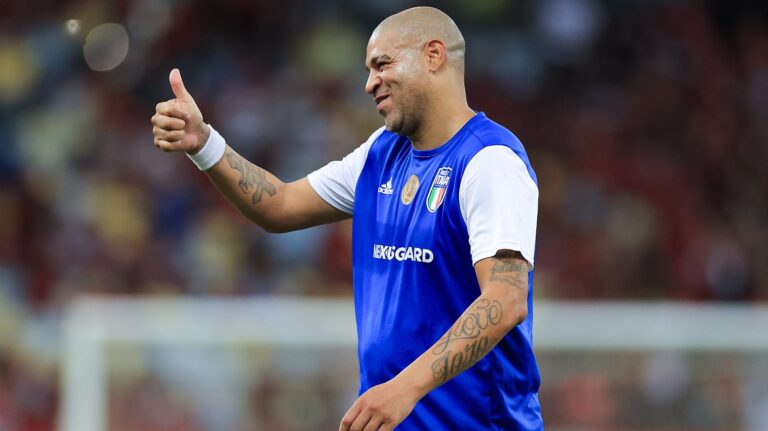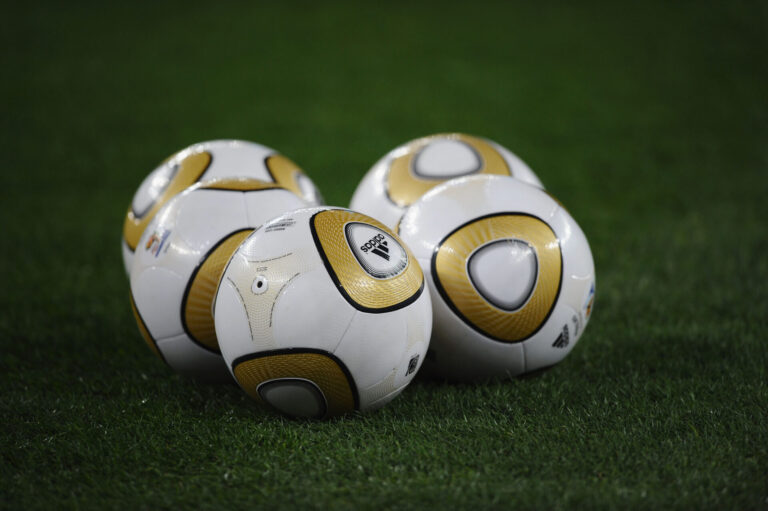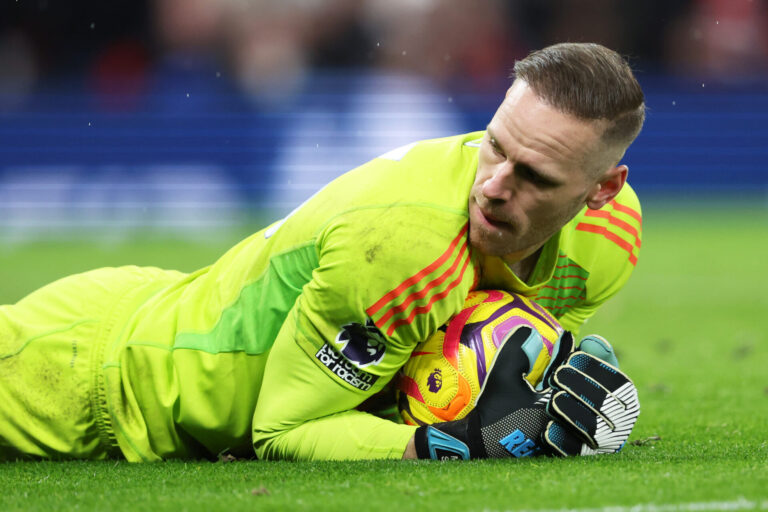Adrian Doherty: Manchester United’s Forgotten Jewel
County Tyrone native Adrian Doherty was not like the rest of them. He was frequently mentioned alongside Ryan Giggs as one of Manchester United’s most promising prospects from the historic Class of ’92. But in contrast to his peers, Doherty’s story is one of what could have been—a tale of genius denied by bad luck and a life that went beyond football in unforeseen manners.
Adrian Doherty: His Rise to Spotlight
In the late 1980s, Doherty’s father, Jimmy, received a phone call after a trial for Manchester United stating that his youngster “ticked all the boxes” and had no obvious faults that needed to be addressed, the United manager informed him.
For a while, Alex Ferguson and the coaching staff questioned whether he was indeed the more talented player while being on the opposite wing of Ryan Giggs. Tony Park, co-author of Sons of United, a history of the club’s youth team, termed him “one of the fastest wingers many people have ever seen.”
“As a player, he was electric. His speed off the mark was frightening really, and he had great balance right and left foot.”
– Ryan Giggs
The Setback
In March 1990, at 16, Sir Alex Ferguson included Doherty in his team for the first time. However, Doherty’s story is eventually filled with tragedy, and he never appeared for Manchester United. His cruciate ligaments, an injury that every football player hates the most, gave way in an A-team match against Carlisle a few days before making his debut. A year later he made his comeback in a reserve match, where his knee buckled again; he never recovered after this.
“Behind the scenes, Doherty is tipped to make the kind of impact not seen since George Best was given his chance.”
– David Meek wrote for the Manchester Evening News
He was stripped of his explosive speed and elite playing ability due to the injury, which remained despite multiple comebacks and surgery. In 1993, Doherty’s dream of becoming a football superstar was abruptly dashed when Manchester United reluctantly and eventually let him go. His father always held the opinion that the Red Devils should have done more to look after his son both during and after that difficult recovery.
The Humble Genius Off the Field
Doherty used to spend much of his time reading, creating poetry, or playing the guitar while he wasn’t on the pitch. He enjoyed being creative and expressing himself outside of the field; he was more of an artist and thinker.
“He loved to chat about music, books and poetry.”
– Brian McClair
Adrian Doherty was never a glamorous football player; instead, he led a modest and grounded life away from the field. While being well-known for his extraordinary skill on the field, he avoided attention and the perks of celebrity. Rather, he was frequently spotted riding his bike everywhere, prioritizing practicality above luxury, and was renowned for dressing simply and casually, like in an Aran sweater. Doherty stands out from many of his peers due to his modesty and casual appearance, which demonstrate a profound passion for the game rather than the lifestyle that frequently accompanies it.
After receiving a job offer from a furniture company in the late 1990s, Doherty relocated to The Hague, Netherlands. Adrian Doherty’s life ended by falling into a canal only one day before his 27th birthday.
Impact of Physical & Mental Struggles on Professional Athletes Short Careers
The majority of football players’ best years only last ten or so years, making their careers extremely short. Even though they began playing in their teens, many athletes may finish their professional careers in their early 30s.
Unexpected obstacles can lead even the most promising football career to end unexpectedly. Football players are vulnerable to severe injuries that could end their careers quickly, such as concussions and broken ligaments. Aside from the physical challenges, excessive performance demands can cause depression, anxiety, or burnout, which can negatively impact one’s mental well-being.
Jack Wilshere, an England international who was once hailed as a future star, is a heartbreaking example. His playing time was severely restricted by his ongoing problems, and he was forced to retire at the age of thirty. Wilshere later opened up about how his injuries caused him to experience emotional hardship. His story shows how frail football careers can be and how important it is to address one’s physical and mental well-being.
Dele Alli has been upfront about his mental health problems, particularly in connection with his personal and professional lives. Alli, who was previously seen to be among the most talented and promising young football players in the world, has experienced a significant drop in performance and form in recent years.
Alli addressed how childhood trauma impacted the issues he has faced recently in an interview with Gary Neville on The Overlap:
“At six, I was molested by my mum’s friend, who was at the house a lot. My mum was an alcoholic.”
“I was sent to Africa to learn discipline. Then I was sent back. Seven, I started smoking. Eight I started dealing drugs, selling drugs. An older person told me they wouldn’t stop a kid so I’d ride around with my football and then underneath I’d have the drugs.
“Eleven, I was hung off a bridge by a guy from the next estate.
Like other professional sports, footballers deserve considerably more respect and encouragement than the abuse and criticism they frequently receive online. Combined with the physical demands of the sport, the extreme pressure to perform at the best level can cause major mental health issues and injuries that are entirely beyond their control.
No matter how severe, injuries are a natural part of the game and are frequently brought on by unfortunate events, physical strain, or unlucky obstacles rather than a lack of willpower or dedication. In the same way, players’ excessive expectations—rather than a personal weakness—are the cause of mental health issues like anxiety, despair, or burnout.
All the continued online abuse and negativity only add to their burdens, and fans and the public need to remember that such athletes are human beings deserving of understanding and empathy and not hate.


